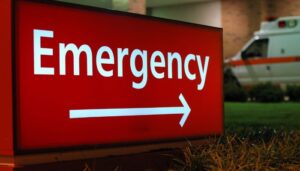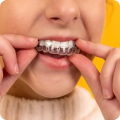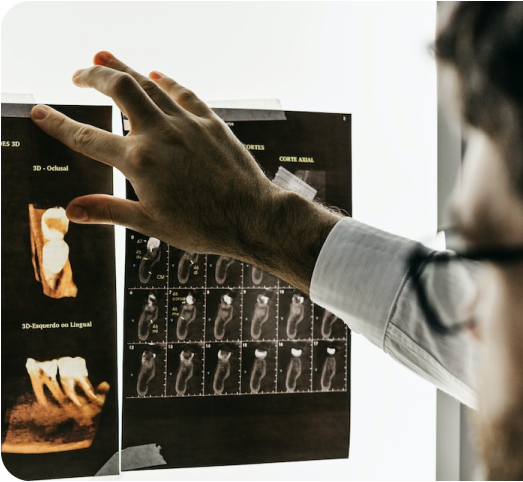
The Most Common Dental Emergency: Toothache
Imagine waking up in the middle of the night with a throbbing pain in your mouth. It’s sharp, persistent, and keeps getting worse. Sound familiar? That’s the classic toothache—probably the most common dental emergency people face. Tooth pain can range from mildly uncomfortable to downright unbearable, and if you’ve ever experienced it, you know how it can completely derail your day. In this blog, we’ll dive into why toothaches happen, how to handle them, and—most importantly—how to prevent them. Let’s get to the root (pun intended!) of the problem. What Exactly is a Toothache? A toothache is simply pain in or around a tooth. It can be caused by a variety of factors, from tooth decay and infections to gum disease and injuries. While some toothaches come and go, others persist and worsen over time, indicating an underlying issue that needs immediate attention. Common Symptoms of a Toothache: Toothaches are not just painful; they’re often a signal that something more serious is going on in your mouth, and ignoring it could lead to bigger problems. What Causes Toothaches? Toothaches can be triggered by a number of dental problems, and the cause often determines the type of pain you feel. Here are some of the most common culprits: 1. Tooth Decay (Cavities) The leading cause of toothaches is tooth decay, or cavities. When plaque—a sticky film of bacteria—builds up on your teeth, it produces acids that eat away at the enamel, causing holes (cavities). If left untreated, decay can penetrate deeper layers of the tooth, eventually reaching the nerve and causing severe pain. How to Know If It’s a Cavity:If you experience a sudden sharp pain when you eat something sweet, hot, or cold, a cavity might be the culprit. 2. Gum Disease (Gingivitis and Periodontitis) Gum disease begins as gingivitis (inflamed gums) and can progress to periodontitis, a serious infection that damages the soft tissue and bone supporting your teeth. Gum disease is a sneaky one; it may not cause much pain at first but can lead to major issues if not treated. How to Know If It’s Gum Disease:Swollen, red gums that bleed easily or chronic bad breath are signs of gum disease. As the disease progresses, you may also experience toothaches due to the affected gums and bone structure. 3. Tooth Abscess A tooth abscess is a pocket of pus caused by a bacterial infection. This can occur when a cavity is left untreated or if gum disease is severe. The abscess forms at the root of the tooth or in the surrounding gums, causing intense pain, swelling, and even fever. How to Know If It’s an Abscess:Abscesses usually come with constant, throbbing pain, swelling, and a foul taste in the mouth. If the infection spreads, it can also cause fever and swollen lymph nodes. 4. Tooth Fractures or Cracks A cracked or fractured tooth can cause intermittent pain, especially when chewing or when the tooth is exposed to temperature changes. Teeth can crack due to injuries, biting down on hard objects, or even just regular wear and tear over time. How to Know If It’s a Crack:If your tooth hurts when biting down or when you eat something hot or cold, you may have a crack that’s irritating the nerve. 5. Impacted Wisdom Teeth Wisdom teeth (the third set of molars) often become impacted because there’s not enough room for them to grow properly. This can lead to pain, swelling, and even infection as they try to push through the gums. How to Know If It’s an Impacted Tooth:Pain in the back of your mouth, along with swollen gums and difficulty opening your mouth, might mean your wisdom teeth are impacted. 6. Dental Trauma Accidents happen, and when they do, your teeth can take the brunt of it. Whether it’s a sports injury, a fall, or biting down on something too hard, dental trauma can cause chips, fractures, or even knocked-out teeth, leading to significant pain. How to Treat a Toothache If you’re dealing with a toothache, the most important thing to do is not ignore it. While some toothaches may come and go, they often signal an underlying issue that won’t resolve on its own. Here’s what you can do: 1. See a Dentist Immediately The best course of action is to see a dentist as soon as possible. They’ll assess the situation, take X-rays if needed, and determine the cause of the pain. They can also prescribe antibiotics if there’s an infection or recommend a treatment plan (like a filling, root canal, or tooth extraction) depending on the issue. 2. Manage Pain at Home While waiting for your dental appointment, there are a few things you can do to manage the pain: 3. Don’t Try to “Fix” It Yourself It might be tempting to use home remedies or DIY fixes for a toothache, but this can often make the problem worse. Don’t apply aspirin directly to the tooth or gums, and avoid using sharp objects to poke around the area. Always consult with a dentist before attempting any treatments at home. Prevention: Keeping Toothaches at Bay No one likes dental emergencies, so it’s best to do what you can to prevent toothaches in the first place. Here’s how: 1. Maintain Good Oral Hygiene Brush twice a day, floss regularly, and use mouthwash to keep your teeth and gums healthy. A strong defense against tooth decay and gum disease is the best way to avoid toothaches. 2. Regular Dental Checkups Visiting your dentist regularly (at least every six months) can help catch small problems before they become big, painful issues. They can spot early signs of decay, gum disease, or other concerns during routine exams and cleanings. 3. Watch Your Diet A diet high in sugar and acidic foods can wear down enamel and increase the risk of cavities. Drink plenty of water, limit sugary snacks, and include tooth-friendly foods like leafy greens, dairy, and nuts. 4. Use a Mouthguard If you play sports or




